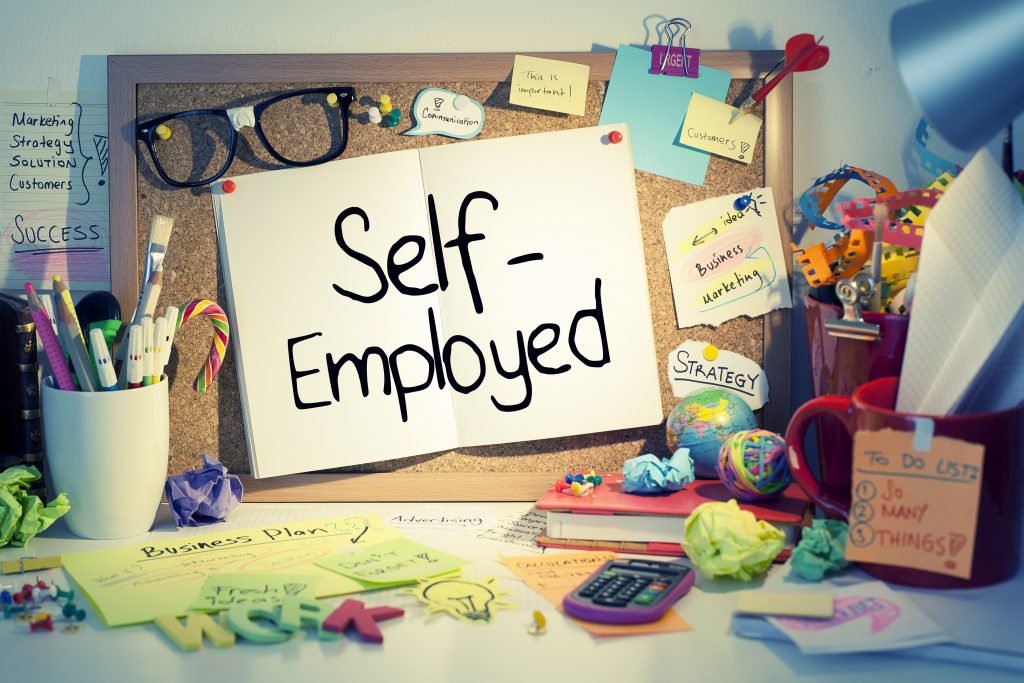Who pays superannuation when you’re a freelancer?
This article is an excerpt from the book Finance for Freelancers, a guide to controlling your cash in the gig economy that has been written by Australian freelancers, for Australian freelancers.
The younger you are, the further away retirement seems. And who knows what could happen between now and age 65(ish)? We may be able to outsource everything to robots and live free from the confines of financial systems. But failing that, super is your backup plan.
Superannuation is basically like putting money in a piggy bank that can’t be broken until you’re retired. The money you put in should be compounding in a positive direction so that little piggy gets nice and fat by the time you unlock a high enough level of seniority to tap into it.
The idea behind superannuation is that the government would prefer you to be well off when you retire. This way you won’t be relying on taxpayer money to pay rent and cover the cost of medical bills (or even full-time care in your final years).
When you have a job, your employer has to pay you super by law. It goes into an account and you probably barely think about it.
When you’re an employer, you will be penalised heavily if you don’t put money in the super accounts of your non-contract employees.
But nobody is chasing you up to put aside this little bit extra for yourself when you’re a sole trader. Which isn’t so great when you start thinking long term.
So it’s up to you to pay yourself superannuation… ideally around 10% of your income.
You can choose how much to put away each month, and the amount is tax-deductible (up to $25,000 per year). And it’s always your money. You just have to wait 30 or 40 years before you can spend it.
Be the boss of yourself by making super payments a habit. Future you will reach back in time and give you a big old slap on the back for it (unless we get the robot system up and running, in which case you played it way too safe).
The only exception to paying super is if you speak with an adviser who recommends you focus on paying off your mortgage rather than contributing to your superannuation. But this is an individual decision and we don’t recommend one over the other.
And finally… check the way you are working for people. If you’re doing a job on a freelance basis, the person paying your bill doesn’t have to pay you super because you’re not an employee. But if you’re on the payroll in more of a casual or part-time position, or if that business is your only employer, you may be entitled to claim super as well as other employment benefits like sick leave and holiday pay.
Self-managed super funds
Unless it’s the name of your game and you’re an expert in investing, you probably won’t be looking to self-manage your super or even to pay someone else to do it. While some people sing the praises of this strategy, it tends to be more suited to big earners who have at least $250,000 in their fund. If you have less than this amount, the cost of handing it over to someone to manage will probably negate any benefits.
When you do self-manage your super, you have more control over how it is invested and you can do things like buy property through your superannuation. But you’ll need a whole lotta specialised guidance to do this right.
The option is there… and now you know about it if you want to follow up.
This article is an excerpt from the book Finance for Freelancers.





